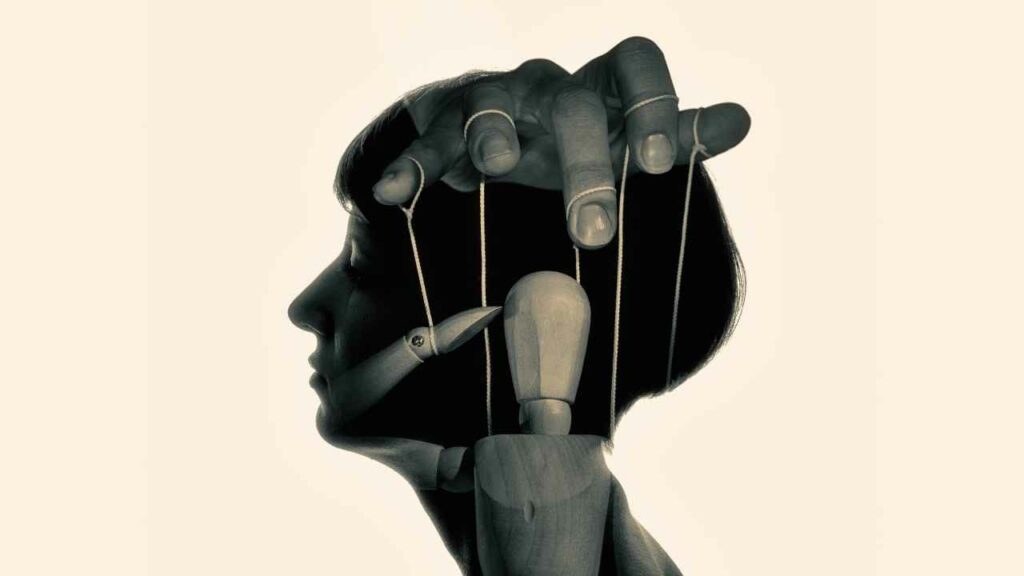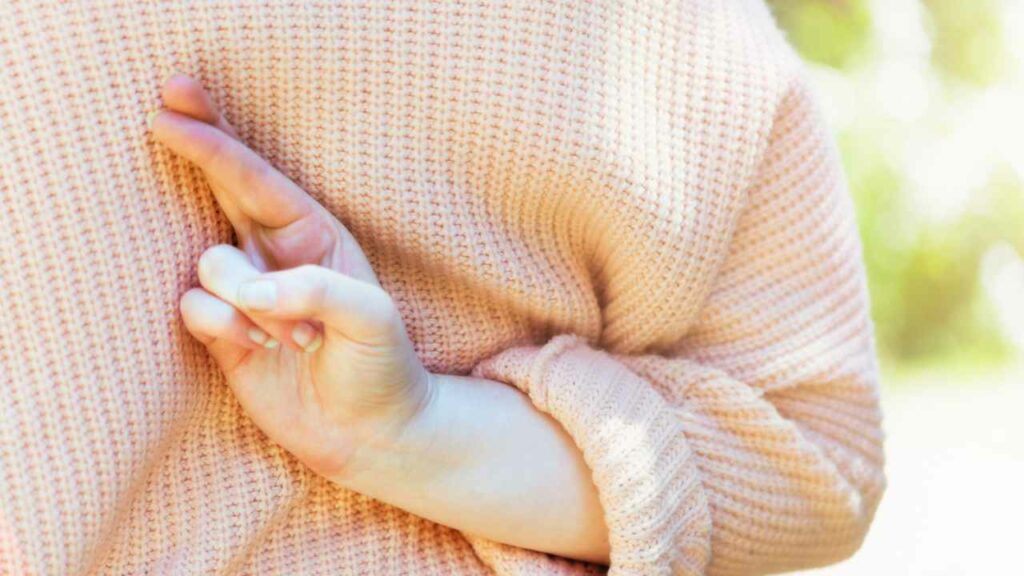Have you ever wondered why crossing your fingers for good luck feels reassuring, or why knocking on wood is supposed to ward off bad luck? Superstitions, those quirky beliefs and rituals that promise to influence luck or future events, are found in cultures all around the world. But what’s behind these peculiar practices, and why do our brains cling to them even when we know better? Let’s explore the science of superstitions and uncover the psychological underpinnings of these fascinating behaviors.
The Comfort of Control

At the heart of many superstitions is the human desire for control. Life is unpredictable, and that uncertainty can be unsettling. Superstitions offer a sense of control, however illusory, over the uncontrollable. When we cross our fingers or avoid walking under a ladder, we’re engaging in a small ritual that feels like it might sway the odds in our favor. It’s our brain’s way of coping with uncertainty and trying to secure a desired outcome.
Pattern Recognition Run Amok
Humans are pattern-seeking creatures; it’s how we’ve survived and thrived. We’re wired to look for cause and effect, even when none exists. This tendency can lead to superstitions when we mistakenly link an unrelated action (like wearing a lucky shirt) with a positive outcome (winning a game). Once that connection is made, our brain reinforces the belief every time the action is followed by the desired result, even if it’s just coincidence.
The Power of Positive Thinking

Superstitions can also serve as a form of positive thinking or self-fulfilling prophecy. Believing that a certain ritual or object brings good luck can boost confidence and reduce anxiety, which in turn can improve performance. It’s like a placebo effect for luck. If a basketball player believes that wearing their lucky socks will help them play better, that belief might just make them more focused and confident on the court.
Social and Cultural Bonds
Many superstitions are shared cultural practices, passed down through generations. They can reinforce social bonds and create a sense of community and belonging. Participating in common superstitions can be a way to connect with others, honor tradition, and feel part of something larger than oneself. It’s a way of weaving the fabric of society tighter through shared beliefs and rituals.
Breaking the Superstitious Spell

While superstitions can offer comfort and even boost confidence, they can also become limiting or irrational fears. Recognizing the psychological roots of superstitions can help us understand why we’re drawn to them and when it might be time to let them go. It’s about finding a balance between enjoying these quirky rituals as part of our cultural and personal identity and not letting them dictate our actions or decisions.
Embracing the Mystery
Ultimately, superstitions are a testament to the human imagination and our quest to find meaning in the world around us. They remind us that, despite all our knowledge and technology, there’s still a place for mystery and wonder in our lives. Whether or not we believe in the power of crossing fingers or knocking on wood, these practices highlight the creative, hopeful, and endlessly curious nature of the human mind.







